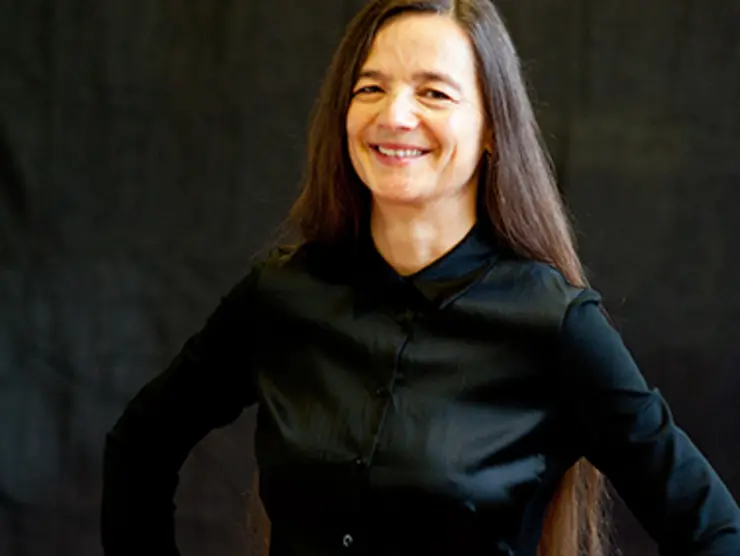Susanne Rau reappointed to the Scientific Advisory Board
The Advisory Board's task is to advise the Board of Trustees and the Director of the Institute on all scientific and organizational issues, including interdisciplinary issues. The Advisory Board develops proposals and recommendations on the research fields of the Institute and its work planning. It comments on the draft programme budget and may make recommendations on the use of resources. It also advises the Executive Board on medium-term research and development planning and on national and international cooperation. It assesses the Institute through regular audits and evaluates the research, service and consulting performance of the individual work units. Finally, it supports the Board of Trustees in recruiting management personnel by commenting on appointment proposals and on the appointment of the Executive Board.
Susanne Rau explains about her future activities in the IRS:
"I am very much looking forward to my second term as a member of the Scientific Advisory Board. The exciting thing for me continues to be that, as a historian, I can exchange ideas about the spatialities of society with representatives of completely different disciplines, such as geography, sociology, or political science, but that I can then always point to the particularities of historical societies in dealing with space and time. I also observe with excitement how research planning and the initiation of collaborative research works in a Leibniz Institute, but conversely I can also contribute a great deal, for example in terms of graduate service and the supervision of doctoral students. And because the IRS has a large map collection, there is a lot of opportunity for exchange in this field as well."


